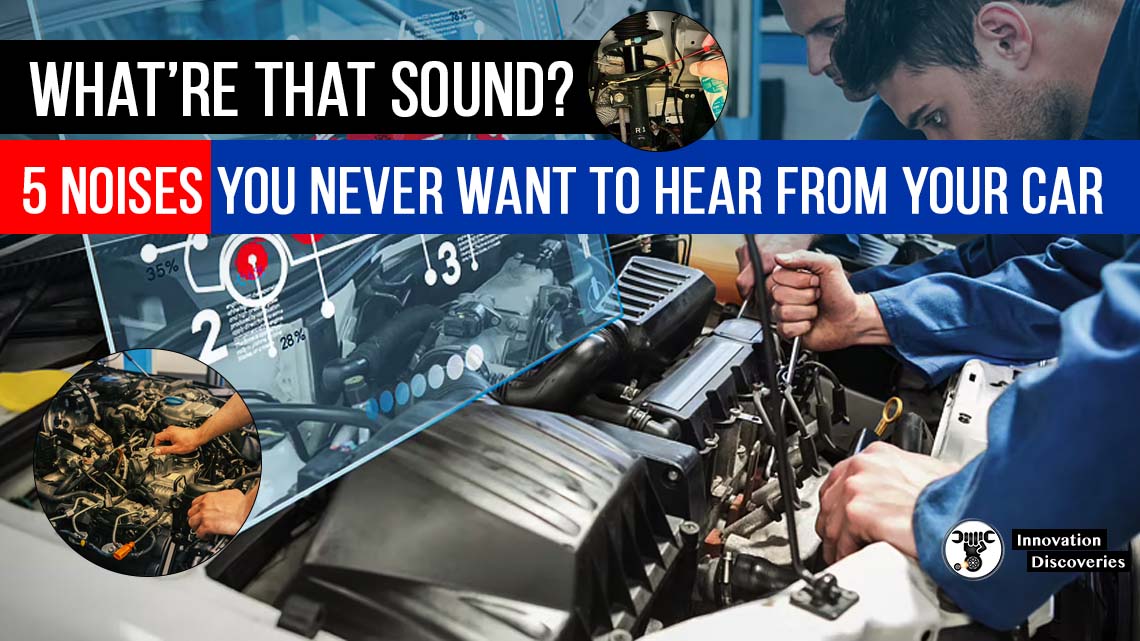
Few things are as panic-inducing as your car making an unfamiliar noise while you’re driving.
Your mind races as you attempt to figure out what’s causing it, and even more importantly, what you should do about it.
Just a little knowledge can save you from drowning in uncertainty, so here are some common engine noises, and what they mean.
CLICK TO READ:
Is the noise my car is making mean I should take it to a mechanic as soon as possible?
There are many noises we may hear from our car. If you hear a hissing sound it is best to stop driving the car and pull over.
This noise may be caused by the radiator hose. If not repaired immediately it can cause the engine to overheat.
1. Whining, Squealing, Or Screeching From the Engine
Screeching or squealing is likely a sound most drivers have encountered, with the most common cause being a loose or worn drive belt.
RELATED CONTENT:
- CHECKING, ADJUSTING AND REFITTING DRIVE BELTS
- BELT DRIVE AND ITS TYPES
- VEHICLE SERPENTINE BELTS
- THE FUNCTION OF TIMING BELTS
- MOST COMMON LOOSE ALTERNATOR BELT SYMPTOMS
- TIMING BELT VS TIMING CHAIN
- EASY WAYS TO REPLACE TIMING BELT AT HOME
The squealing noise will occur when the car is first started up and will get worse as the revs become higher.
It may or may not disappear as the engine gets warm.
If the drive belt is the cause, it will need to be either adjusted or replaced.
The pulley bearings should be checked as well since they can cause a whining or squealing noise from under the hood.
Other sources of engine squealing are a little more problematic.
If your power steering fluid is low because of a leak somewhere in the system, you may find a squealing noise that coincides with engine speed.
Usually, the sound intensifies when you turn the steering wheel.
CLICK TO READ:
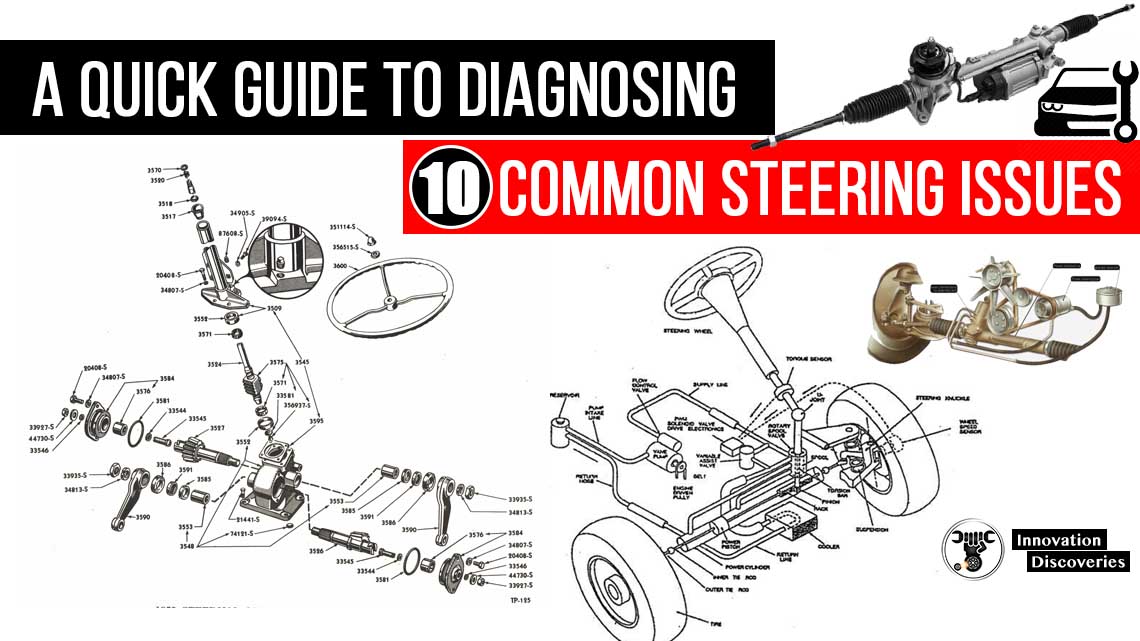
A faulty power steering pump or aerated fluid can make whining or squealing noises as well.
A failing automatic transmission pump can also cause a whining noise that coincides with engine speed.
This may be coupled with a transmission that is starting to slip.
Also, it should be noted that a low transmission fluid level can also cause whining.
2. Grinding Or Scraping Noise When Braking
This attention-grabbing noise is a serious automotive annoyance.
Some cars will make a brake noise first thing in the morning, particularly if it rained the night before.
If the grinding or scraping noise persists, however, you have a problem that needs a mechanic’s attention.
Brake pads can be made of ceramic, organic, or semi-metallic materials, and wear out with use.
As your brake pads wear, their wear indicator or metal backing plate can make contact with the brake rotor, causing a grinding, scraping, or squealing sound.
This is an indication that your brake pads need to be replaced immediately to keep your car safe.
More About Braking Systems
- Top 5 Causes of Steering Wheel Shakes at Low and High Speeds
- HOW HYDRAULIC BRAKE WORKS?
- AIR BRAKE SYSTEM: COMPONENTS, WORKING PRINCIPLE, AND APPLICATIONS
- HOW DOES REGENERATIVE BRAKING WORK?
- 8 REASONS YOUR CAR IS MAKING GRINDING NOISE WHEN BRAKING
- Regenerative Braking System
- JAKE BRAKE VS. EXHAUST BRAKE: WHICH IS BETTER?
- SQUEALING BRAKES AT LOW SPEED: CAUSES AND SOLUTIONS
- TROUBLESHOOTING A HARD BRAKE PEDAL
- CONVERT DRUM BRAKES TO DISC BRAKES IN 3 STEPS!
- CAUSES OF THE BRAKE WARNING LIGHT COMING ON
3. Grinding Noise When Changing Gears
Hearing a grinding noise when you change gears is never good news, and almost always indicates worn clutch components or transmission problems.
READ MORE:
These are both fairly serious issues that could leave you stuck on the side of the road if not addressed.
Trying to troubleshoot a clutch or transmission based on noise alone is difficult as any number of internal components could be worn out.
However, grinding noise as you’re changing gears often indicates a worn clutch, damaged gear teeth, or worn synchronizers in a manual transmission.
A grinding sound from the transmission may also indicate a low fluid level.
If your car is automatic, a grinding noise can also be caused by a damaged planetary gear set.
Each of these problems should be taken care of by your trusted mechanic as soon as possible to avoid further damage.
4. Ticking, Tapping, Or Rattling From the Engine
These sounds are perhaps not as alarming as others on this list, but they are potentially even more serious.
An engine ticking noise could just be a result of noisy fuel injectors.
Although some injectors give off noise as their valves open and close, this is usually more of a buzzing noise than a distinct tick.
Often, the noise is most noticeable on engines that use direct injection and is not a cause for concern.
The most common cause of engine ticking noise is low oil pressure.
READ: HOW AN OIL PRESSURE GAUGE WORKS
This is an indication that vital engine components are not getting adequate lubrication.
Your engine may be low on oil or there could be a problem inside the engine causing the low oil pressure.
Ticking, tapping, or clicking sounds can also be symptoms of worn valve train components such as lifters or cam followers.
A worn camshaft lobe or broken valve spring will cause these sounds due to having excessive clearance.
READ MORE:
- VALVE MECHANISM CONSTRUCTION
- VALVE SELECTION HANDBOOK | PDF
- 3 SYMPTOMS OF BAD VALVE SEALS AND PISTON RINGS AND REPLACEMENT COST
- 3 BAD IDLE AIR CONTROL VALVE SYMPTOMS (AND REPLACEMENT COST)
These can be difficult to self-diagnose as several components could be responsible.
Another cause of a ticking sound from your engine may be an exhaust manifold leak.
Sometimes, an exhaust manifold leak will quiet down after the engine warms up and the metals expand.
While you may think an exhaust leak is not serious, it can affect your gas mileage and may lead to a loss of power.
5. Hissing Sound From Car
A more pressing issue is a hissing sound from underneath the hood.
This can occur while driving or after the engine has been switched off.
If you notice a hissing sound from your car, you must stop driving immediately as your vehicle could have a coolant leak caused by a radiator hose failure.
CLICK TO READ:
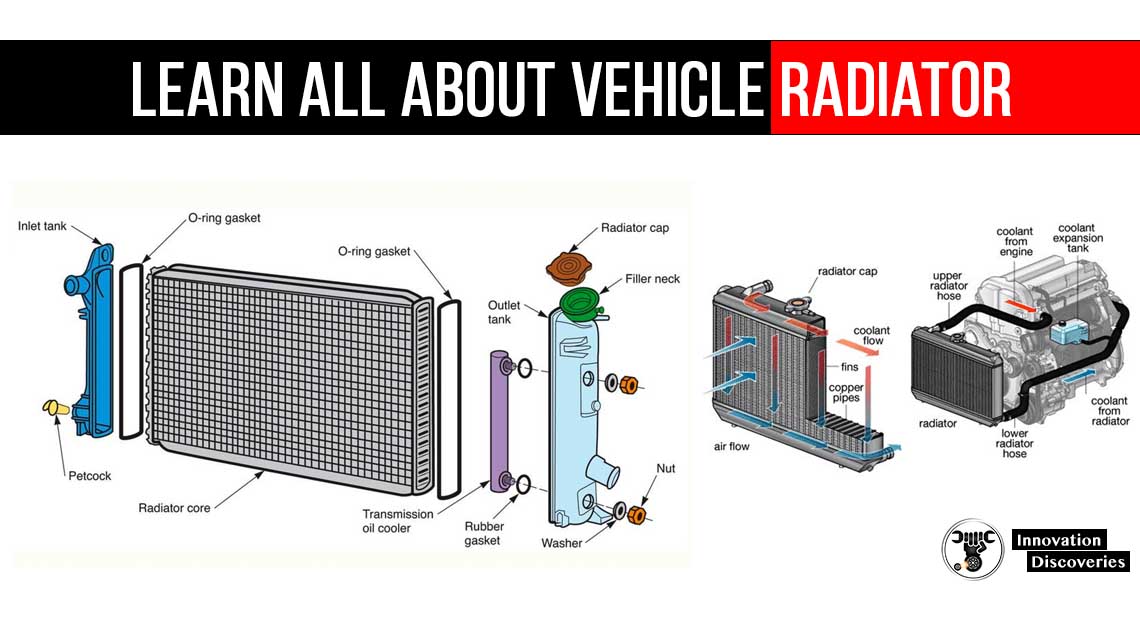
Low coolant will cause the engine to overheat, which in turn can cause serious damage to your engine.
Do not attempt to open the radiator cap if the engine feels hot as the remaining coolant will be under pressure.
READ: YOUR CAR IS LOSING COOLANT BUT NO LEAK: WHAT SHOULD YOU DO?
Once the engine has cooled, the coolant may be topped off, but be aware it will quickly leak out again.
A cooling system leak caused by hose or water pump failure will need to be repaired as soon as possible, and the vehicle should not be driven until the problem has been fixed.
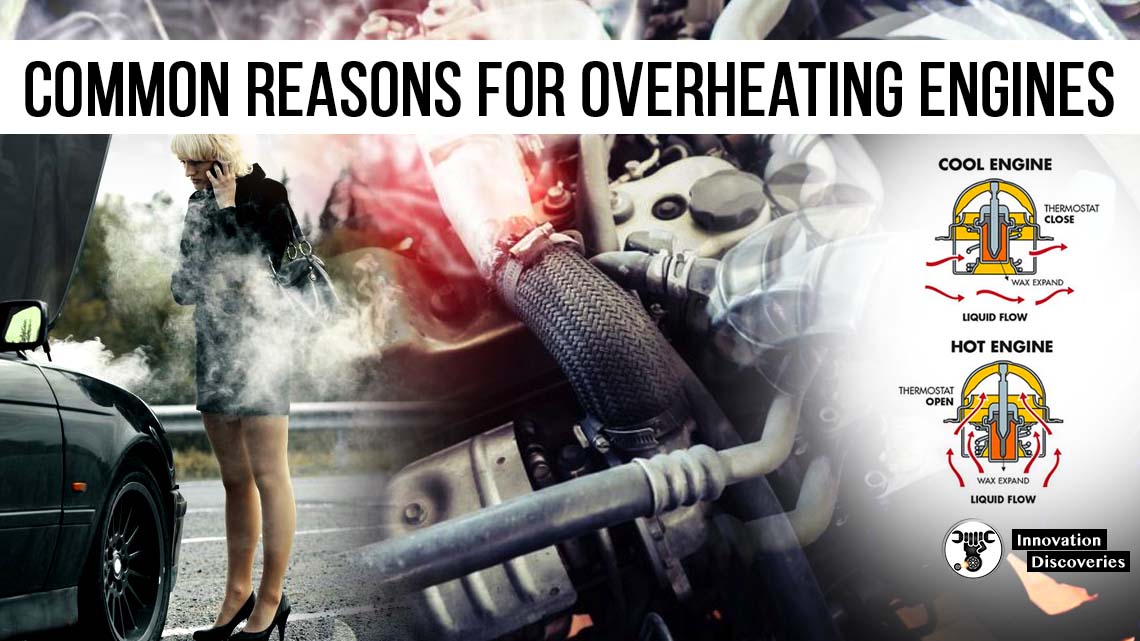
Visit Forum
Visit Our Friendly Website


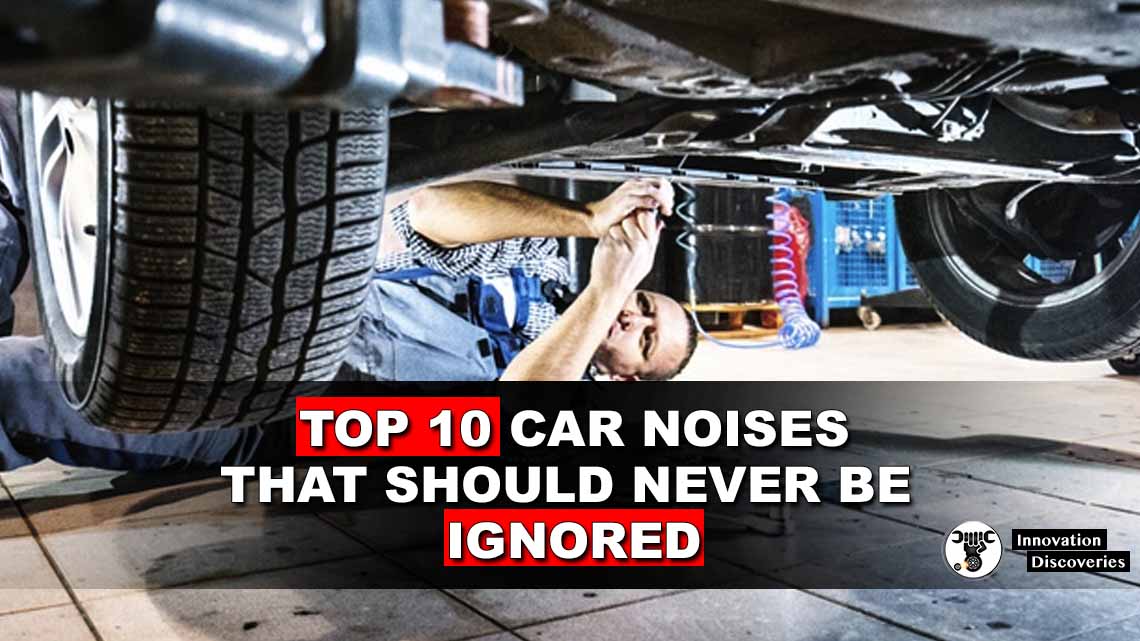
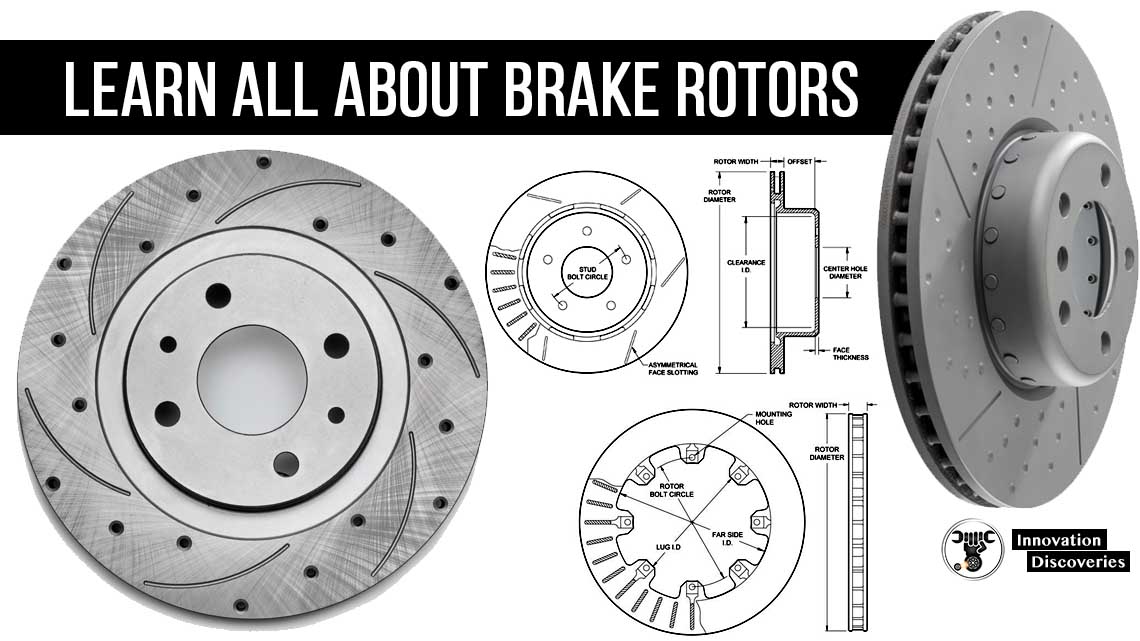
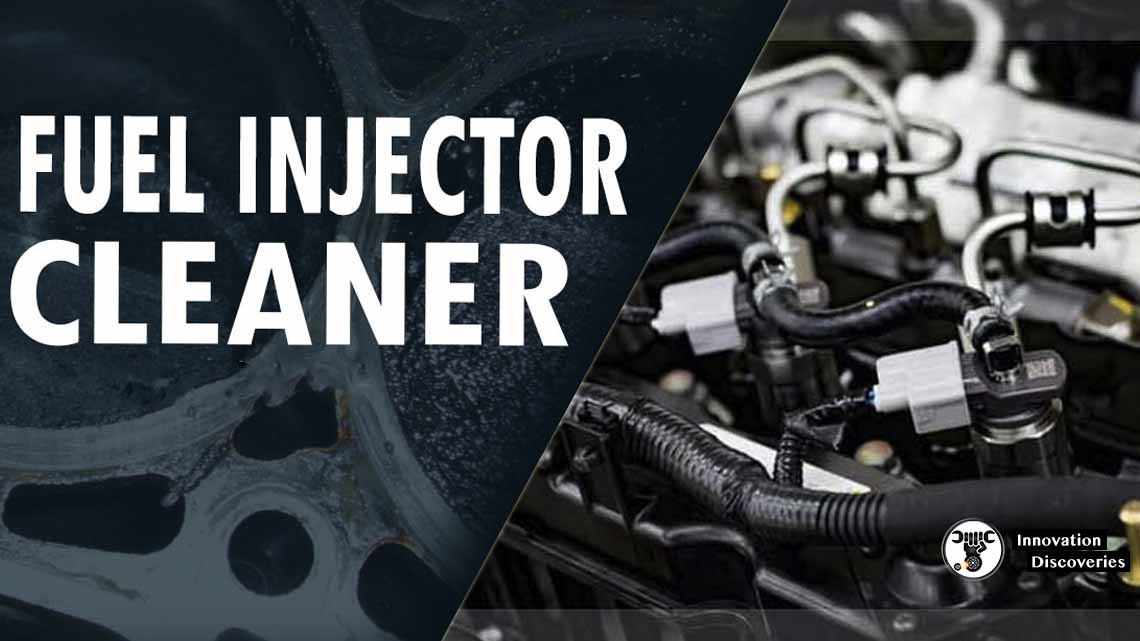
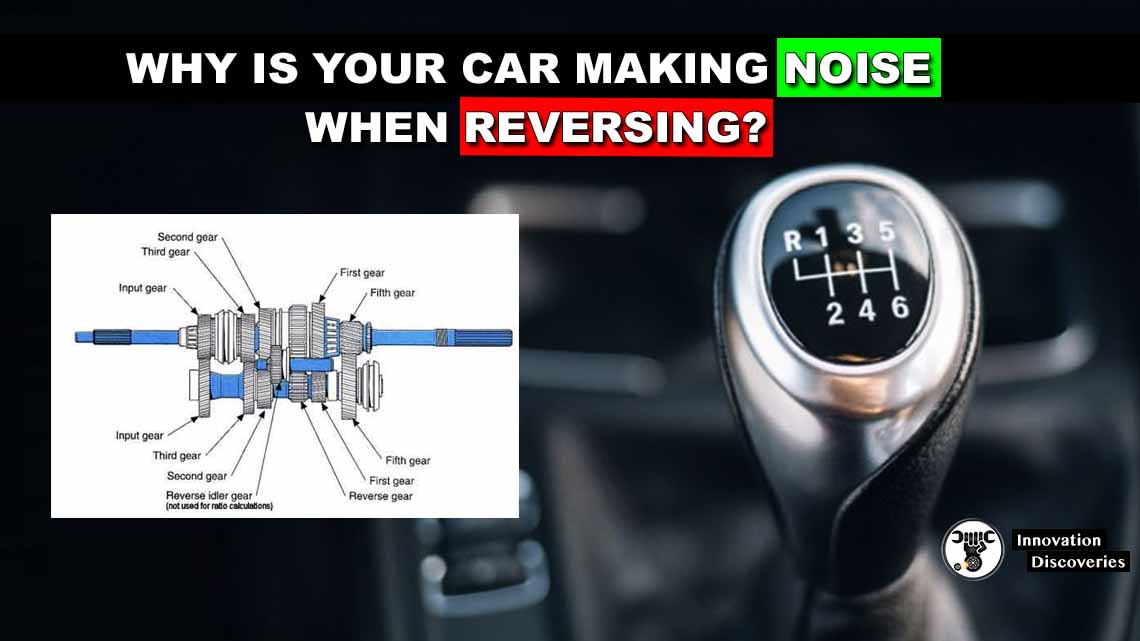
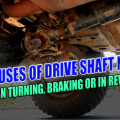
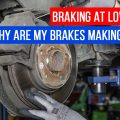
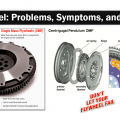
2 Comments